Snoring is a common problem that affects millions of people and their partners. While it is often joked about in popular culture, snoring can sometimes be a sign of serious health issues. At Plymouth ENT, we want to shed light on why snoring should not be ignored and how the loudness of snoring can be an important factor in diagnosing underlying conditions.
What Causes Snoring?
Snoring occurs when the flow of air through the mouth and nose is physically obstructed during sleep. Several factors can lead to this obstruction:
Anatomy of the mouth and sinuses: Issues like a deviated septum, nasal polyps, or enlarged tonsils can restrict airflow.
Obesity: Excess fatty tissue and poor muscle tone, particularly around the throat, can contribute to snoring.
Alcohol consumption: Alcohol relaxes throat muscles and decreases the body's natural defense against airway obstruction.
Sleep apnea: This serious sleep disorder involves repeated stopping and starting of breathing, with loud snoring being a common symptom.
The Dangers of Snoring
Snoring might seem benign, but it can be a marker of more serious health issues, including:
Sleep apnea: Often indicated by loud snoring, this condition can lead to significant health problems such as heart disease, high blood pressure, and stroke.
Interrupted sleep: Snoring can disrupt the sleep cycle, leading to daytime drowsiness, irritability, and decreased productivity.
Relationship stress: Chronic snoring can put a strain on relationships, as a partner's sleep is often disrupted.
Does the Loudness of Snoring Matter?
The loudness of snoring can indeed be a significant indicator of the severity of obstruction. Louder snoring may suggest more severe airway obstruction and a higher likelihood of sleep apnea. It is not just the snorer who might be at risk; partners who lose sleep due to loud snoring can also experience negative health effects.
Mild snoring isn't usually associated with severe health problems, but it can still disrupt sleep.
Moderate to loud snoring can be a sign of upper airway resistance syndrome or obstructive sleep apnea.
Diagnosis and Treatment
If your snoring is loud, persistent, and accompanied by other symptoms such as gasping or choking sounds during sleep, or if you experience excessive daytime sleepiness, it's important to seek a professional evaluation. At Plymouth ENT, we can conduct assessments such as sleep studies to determine the cause and severity of your snoring.
Treatment options vary based on the diagnosis and may include:
Lifestyle changes: Weight loss, changing sleep positions, and avoiding alcohol before bedtime.
Medical devices: CPAP (Continuous Positive Airway Pressure) machines or custom-fitted dental devices can help keep the airway open during sleep.
Surgery: Procedures to remove obstructions like enlarged tonsils or to correct a deviated septum.
While snoring might seem like a minor annoyance, it can be a sign of more serious health issues. The loudness of snoring can provide clues about the severity of airway obstruction and potential risks. At Plymouth ENT, we are equipped to help diagnose and treat snoring, improving not just your sleep but also your overall health and well-being. Don't let snoring disrupt your life or threaten your health; contact us today to explore your options.
